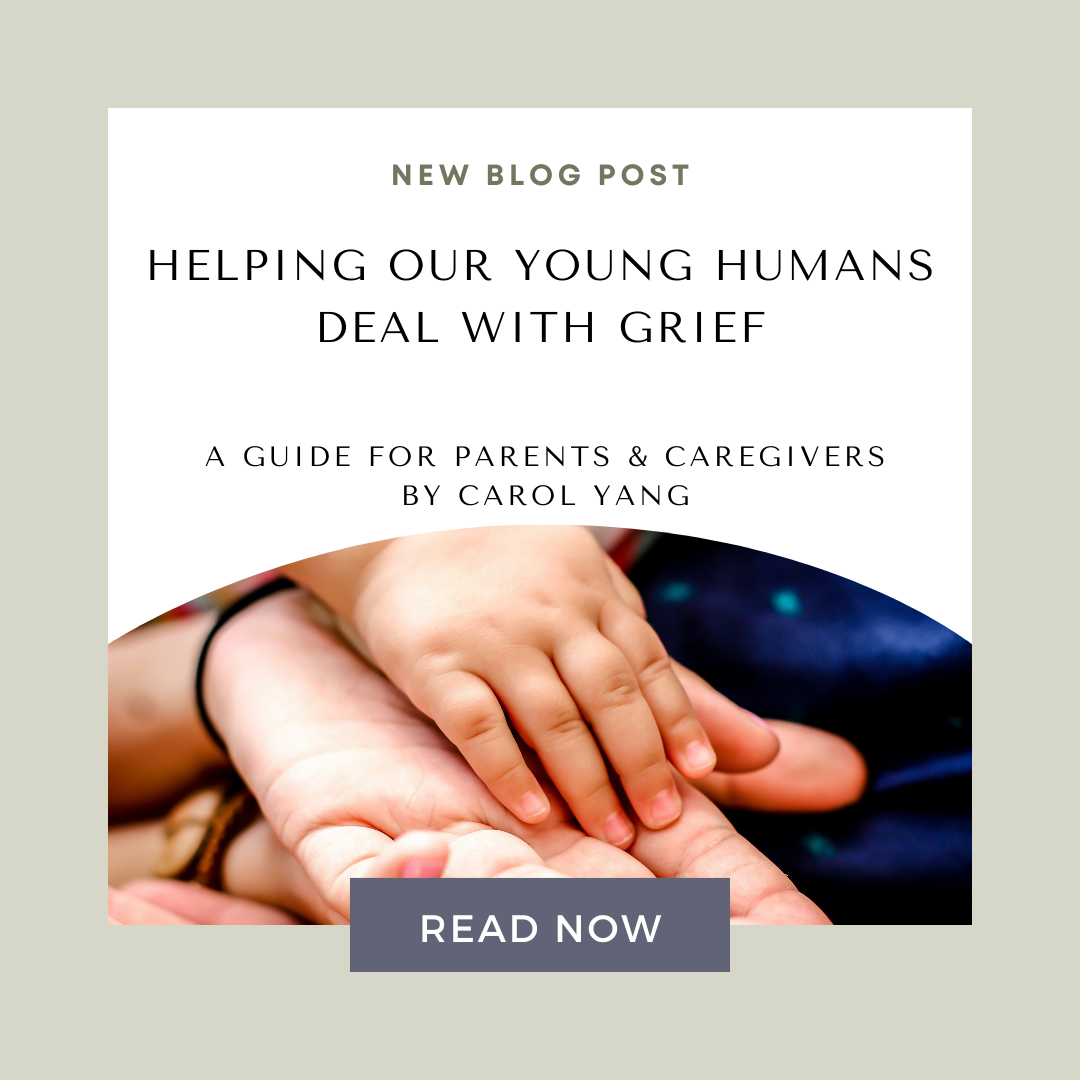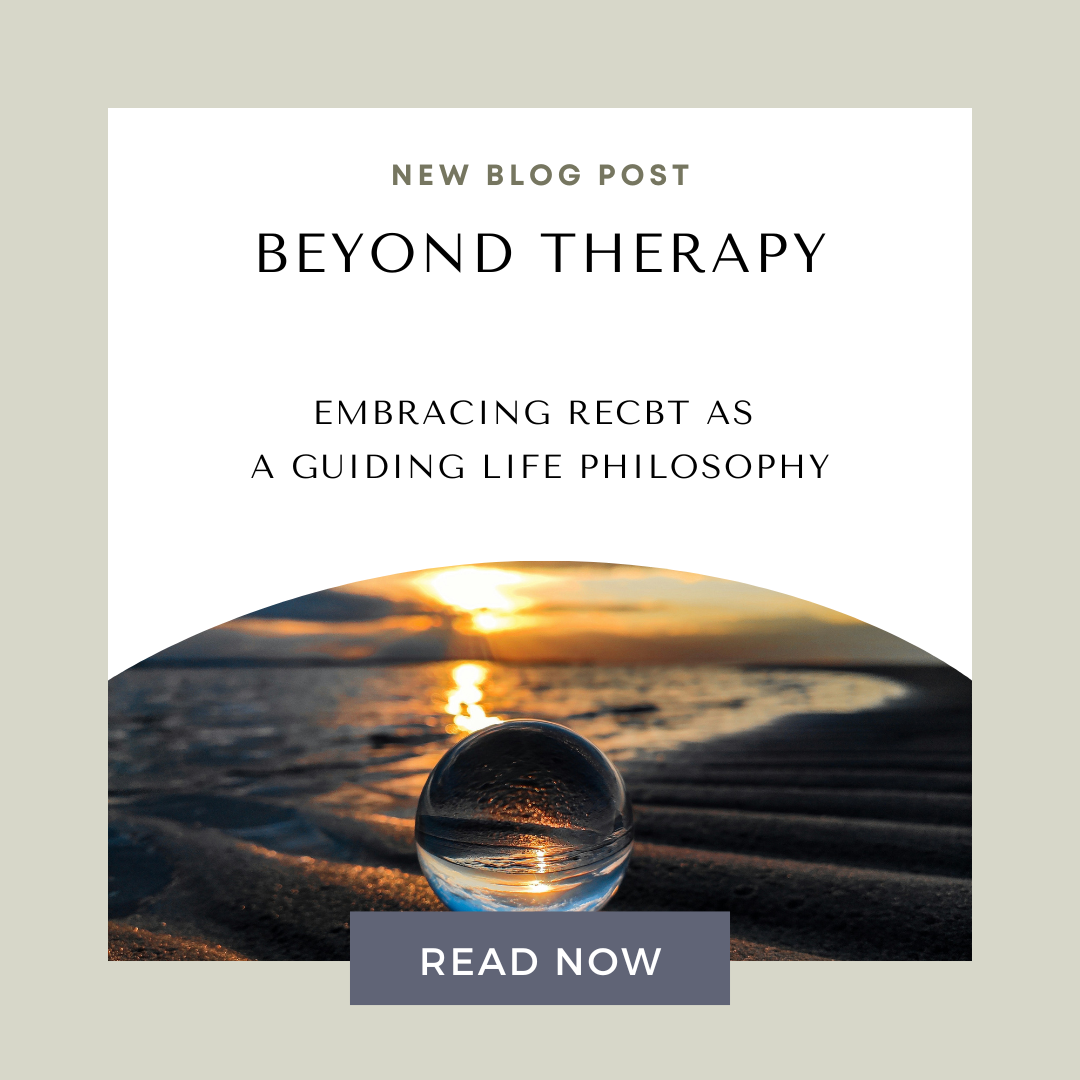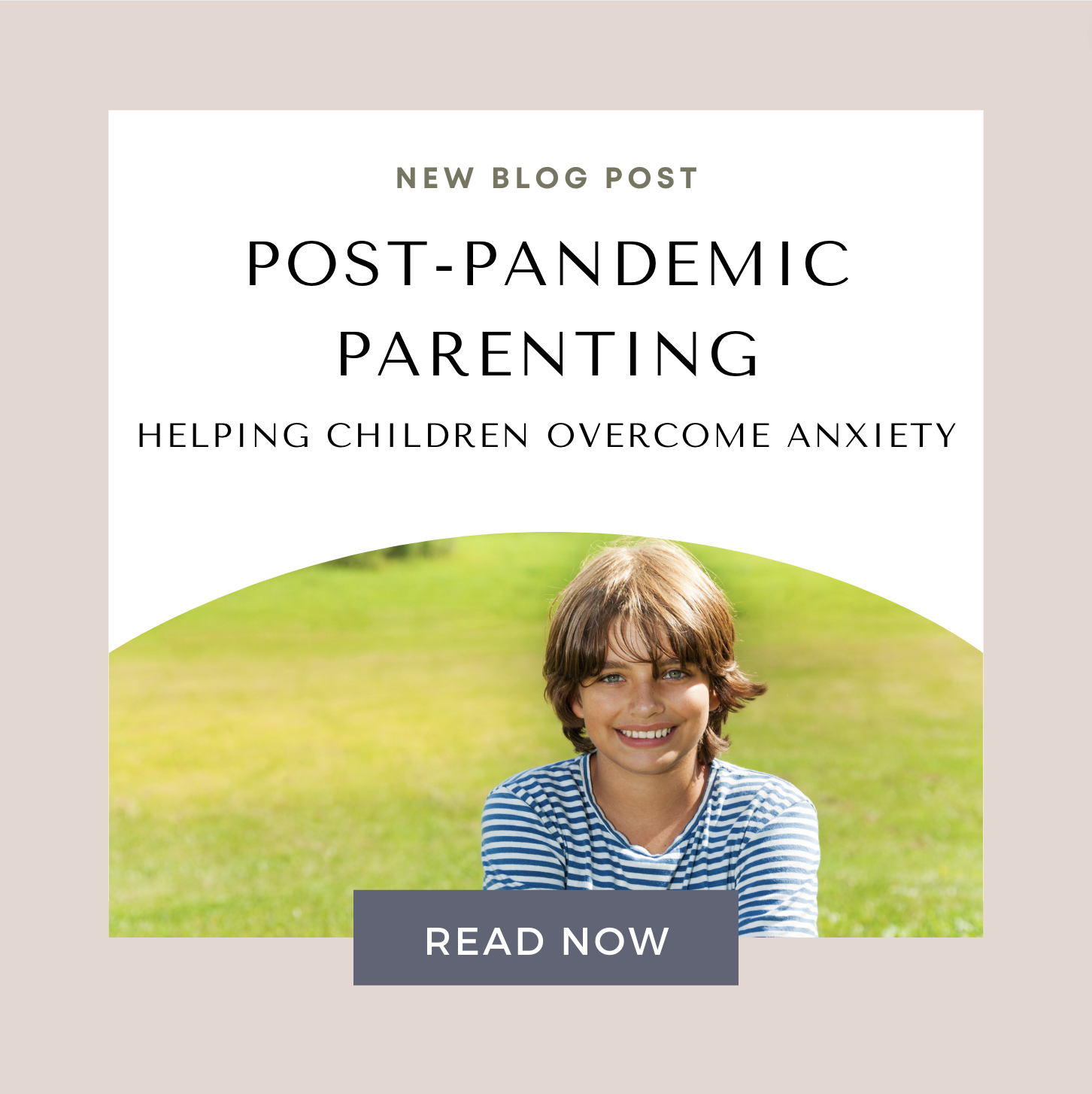The ins and outs of relationship therapy
Co-authored by:
- Larissa Ernst, Clinical Psychologist & Sexologist
- Christi Gadd, Clinical Psychologist & Neuropsychologist
- Tebogo Mothoa, Clinical Psychologist
- Tiaan Landman, Counselling Psychologist
- Marteleze van Graan, Counselling Psychologist
- Andre Swart, Clinical Psychologist
For many their romantic relationships form an integral part of their lives. The health of these relationships have a monumental impact on our overall well-being.
Relationship therapy, traditionally known as couples therapy, offers those within a romantic relationship the opportunity to develop the quality of their relationship. It provides partners a safe space where they can process hurt or unfinished business and develop the communication skills necessary to negotiate life’s challenges as a team.
There’s an expectation that we should all know intuitively how to have healthy, loving relationships, but the truth is we don’t. We try our best but often get stuck in cycles of conflict. The same pattern repeats over and over and no matter how hard you both try - you can’t get out of it. It is draining and can leave you feeling defeated.
Today, we turn to one person to provide what an entire village once did: a sense of grounding, meaning, and continuity. At the same time, we expect our committed relationships to be romantic as well as emotionally and sexually fulfilling. Is it any wonder that so many relationships crumble under the weight of it all?
― Esther Perel, Mating in Captivity: Reconciling the Erotic and the Domestic
Relationship therapy at Satori
Our experienced couples and family therapists help couples to gain new perspectives and move forward together. Each practitioner at Satori approaches relationship therapy in a unique manner:
Some start off seeing the couple together as a unit,
Others start off seeing each partner individually and then move towards joint sessions.
Irrespective of the manner in which the process starts, the therapist maintains allegiance to the couple “unit,” and not to either partner as individuals. This is important to create a space where both partners can feel safe and heard.
On occasion during the therapy process, partners may be seen individually. In this case, the individual session is still considered as part of the couple’s relationship therapy.
If there is information that an individual desires to address within a context of individual confidentiality or individual areas that need to be processed, individual therapy with another therapist may be considered as an adjunct to relationship therapy. This policy is intended to maintain the integrity of the relationship therapy process. In this case, it is important to ensure that both therapists involved are aware of the different processes.
Relationship therapy could include:
RELATIONSHIP DISSATISFACTION
A relationship works to the extent that it meets the needs of all parties involved. The sooner the dissatisfaction is addressed, the more promising the prognosis for a fulfilling long term relationship. Relationship therapy can focus on developing the necessary communication skills to express their needs in a way that makes it easier for their partner to fulfil their needs leading to a greater sense of satisfaction for both. Expressing needs in a manner that is clear and reasonable may benefit the relationship as closeness is created, in the knowing that our partner prefers or is willing to meet our needs.
On the other hand when we express our needs as demands or insist that they must be met, distance may be created. When we express our needs using phrases like “you must” then your partner will feel that you are telling them what to do. Since very few people will accept being prescribed to,retaliation will follow. This could set up an epic battle between parties as frustration increases and a pattern of blame develops. Because with each retaliation, more demands will rise and so the cycle will continue into disconnection.
But, by distinguishing between absolute demands and our preferences, we may change the way we express our needs. In this way connection is re-established and the relationship becomes more fulfilling as we realise that our partners meet our needs because they want to, instead of our demands.
An experienced therapist can provide a fresh outside perspective to help break these destructive cycles through helping each partner themselves in a more constructive way.
MEDICAL OR PSYCHIATRIC DIFFICULTIES
Medical or psychiatric diagnoses do not only affect a person in isolation. A diagnosis often comes as a shock to the person receiving the diagnosis and their partners. There is a process of adjustment and grief for all involved and the diagnosis often affects the relational dynamic with new roles and responsibilities having to be negotiated.
Expectations that adjustment should or must be easy, or that the patient or family members should simply change their behaviour, may result in significant disappointment. This could lead to intense emotions such as high frustration, anger, rage, anxiety and depression. In turn, this may be followed by even more self-defeating behaviour, resulting in even more difficulties within these relationships. On the other hand, processing the emotional impact and the thinking patterns around the medical difficulty may help to change the problematic behaviour as people adjust to a process, not to an event.
PREMARITAL COUNSELING
Research shows that couples who engage in this type of therapy before their relationship deepens - or before they commit to marriage - dramatically improve their chances of having a successful long-term relationship. Pre-emptive input from an experienced therapist can create effective habits for communication and aid the blossoming long-term relationship. Assisting parties to discuss their expectations regarding a specific relationship may allow both parties to understand what will be expected, acceptable and unacceptable behaviour within the relationship. In the process, the couple learns to explicitly express their needs, setting themselves up for long-term success, even if their own needs change over time.
PARENTAL GUIDANCE
Parental guidance provides support and guidance in the demanding task of raising a child in a manner in which both parents’ value system or belief system is heard and integrated.
DISSOLVING A RELATIONSHIP
Successful couples therapy does not necessarily mean “saving” the relationship - it could also be to end the relationship in a manner that allows both partners to learn, grow and self-actualise. We are also passionate about helping couples who have decided to get divorced to do so amicably and to help blended families to adjust optimally to their own unique setup.
DEALING WITH BETRAYAL OR INFIDELITY
A non consensual, extramarital affair destroys the foundation of the relationship, where trust is broken and one or both partners experience extreme trauma. Therapy allows for an honest, open conversation where heightened emotions can be contained to create a safe space where healing can happen. The underlying contributing factors that lead to infidelity are explored and it is essential for both partners to commit and be willing to work on them.
MANAGING SIGNIFICANT LIFE EVENTS
As relationships evolve, significant life events happen. This includes the birth or loss of a baby, career change, developmental stages such as menopause and retirement, so-called empty nest syndrome - and other life altering events. These can lead to heightened stress levels and impact on the relationship and may lead to redefining of roles and the relationship itself.
EXPLORING DIVERSE RELATIONSHIP STRUCTURES
Exploring new kinds of romantic and/or sexual relationships are often complicated by personal beliefs and societal expectations of what a relationship should look like. Our relationships are often governed by unquestioned assumptions and values that colour our romance and sex-lives. Diverse relationship structures, such as consensually non-monogamous relationships, invite partners to reflect on how they would like to negotiate their romantic and sexual desires within their relationship. The foundation of any diverse relationship is that of consent (self-and-other consent), thoughtful boundaries, trust and of course - open and honest communication. A therapeutic process can assist all parties in the relationship to explore their emotional and relational needs within this process.
FAQs
When should we consider couples therapy?
There is no right or wrong time to consider couple’s therapy. Some couples take long before they could consider therapy possibly due to the stigma that may be attached to it - or if their cultural context would make them appear weak by seeking help. It is however important to note the long-term impact of ongoing distress in a relationship to the couple, children, and other close relations. Therefore, whatever issue that impacts the relationship, ranging from poor communication, lack of intimacy, infidelity, illness, to negotiating separation or divorce, not being fulfilled, pre-marital counselling, cultural differences may require input from a therapist.
How long does couples therapy last?
There is no definitive answer. Some couples just need a little input whereas may need longer because of serious underlying issues which may also need individual therapy. The other factor may be the commitment to change and the time it takes for the couple to learn and apply new learned behaviours.
Does couples therapy work?
There is no guarantee and success rates differ. There are studies that show improvement after therapy whereas others show that the couple may regress to their old behaviours after a while. The success of couples therapy depends on the couple and their willingness to work through the difficulties openly and be vulnerable and understanding of each other.
“For couples therapy to be helpful, both partners must be willing to examine their individual contributions to relationship challenges.” Dr Alexandra H. Solomon
How can I convince my partner to come to relationship therapy?
This will depend on the current communication patterns in the relationship, it might involve discussing with your partner your needs and goals in terms of the therapeutic process and how this could improve both of your experiences in the relationship. The discussion could be phrased as an invitation or a request. If you are consulting with a therapist that sees both partners for individual sessions before moving to the joint sessions, you could discuss the various ways of inviting your partner with the therapist.
The following Clinical Psychologists, Counselling Psychologists and Therapists at Satori provide relationship therapy in
- Garsfontein, Pretoria, South Africa
- Leuven, Belgium &
- Online
Relationship therapy is available in English, Afrikaans, Setswana, Dutch & Cantonese.
See more from the blog…









































